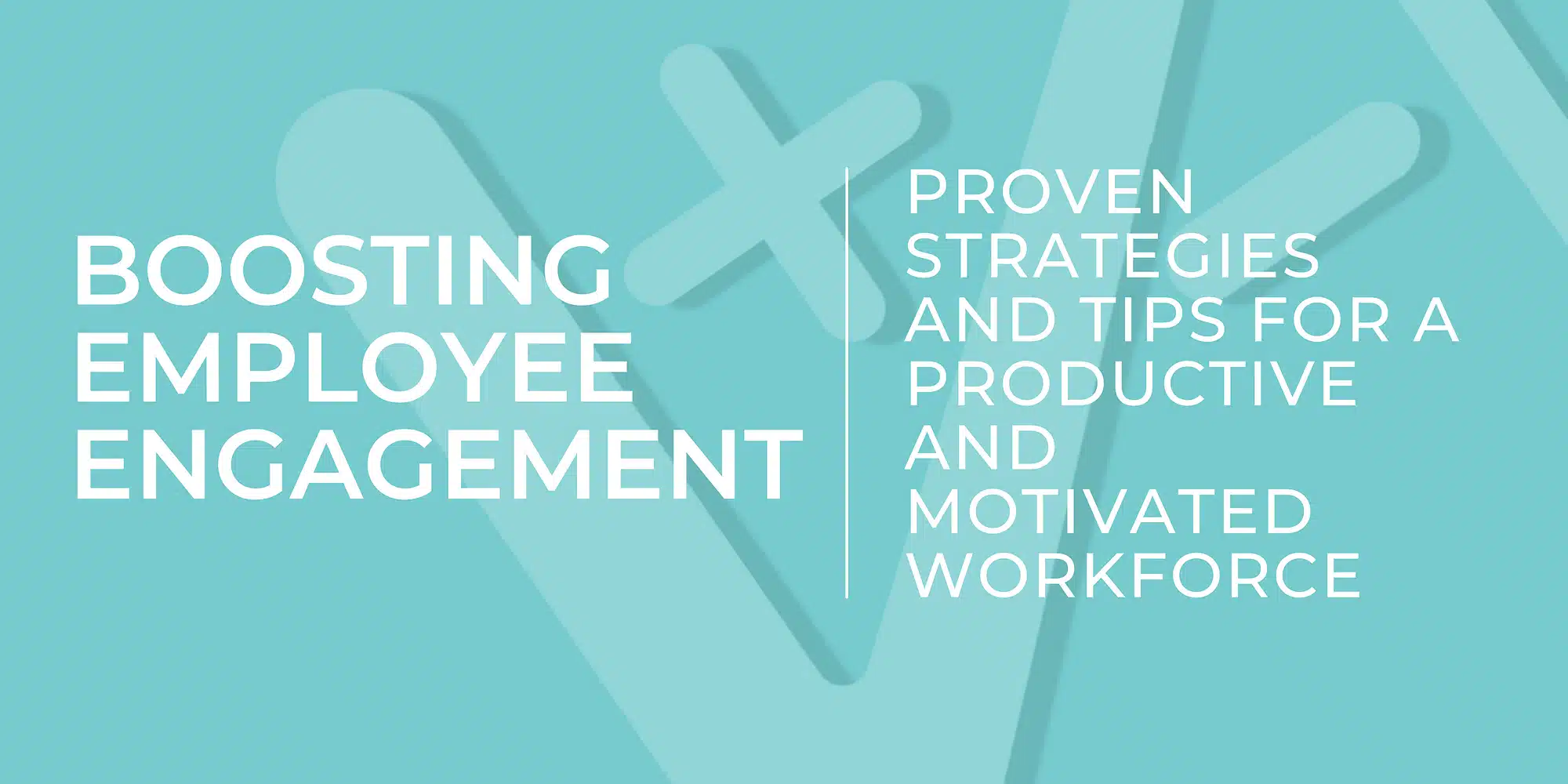Employee engagement is a crucial aspect of any business, as engaged employees tend to be more productive, motivated, and committed to the company’s success. However, many businesses struggle with how to effectively engage their employees.
To start, it’s important to define what we mean by employee engagement. Employee engagement is the emotional connection an employee feels towards their organization and its values. Engaged employees are more likely to be productive, motivated and committed to their work. They are also more likely to stay with the company for longer periods of time.
There are many different strategies that businesses can use to improve employee engagement, and the best approach will depend on the specific needs of your organization. However, some common strategies include:
1. Communication
Effective communication is key to keeping employees engaged. This includes regular meetings and check-ins with managers, as well as open channels for employees to share their thoughts and ideas.
2. Recognition and Rewards
Recognizing and rewarding employees for their hard work and contributions can go a long way in keeping them engaged. This can include things like bonuses, promotions, and public recognition.
3. Training and Development
Providing employees with opportunities to learn and grow can help them feel valued and invested in their work. This can include things like training programs, mentorship opportunities, and tuition reimbursement.
4. Flexibility
- Allowing employees to have a flexible schedule or work from home can help them feel more in control of their work-life balance and ultimately lead to higher engagement.
5. Employee Involvement
Encouraging employee participation in decisions that affect them and their work can lead to a sense of ownership and investment in the company’s success.
6. Creating a Positive Work Culture
A positive work culture can help employees feel more connected to their work and the company. This can include things like promoting teamwork, fostering a sense of community, and encouraging work-life balance.
Another important aspect to improve employee engagement is employee feedback. Feedback is crucial to employee engagement, as it allows employees to understand how they are performing and what they can do to improve. This feedback should be specific and actionable, and should be provided in a timely and consistent manner.
However, to be effective, feedback should be a two-way street. It’s also important to listen to employee feedback and act on it. Listening to employee feedback allows you to understand their perspective, identify areas of improvement and make changes that will improve employee engagement.
In addition, conducting employee engagement surveys can help to identify issues and areas for improvement. These surveys can be conducted on a regular basis, such as annually or semi-annually, and should be anonymous to encourage honest feedback.
It’s also crucial to be consistent with your engagement efforts. Employee engagement is not a one-time event, it’s an ongoing process that requires consistent attention. This means that you should be regularly checking in with employees, conducting surveys, and making changes based on the feedback you receive.
In conclusion, employee engagement is crucial for the success of any business. By using effective strategies such as communication, recognition and rewards, training and development, flexibility, employee involvement and creating a positive work culture, businesses can improve employee engagement and ultimately increase productivity, motivation, and commitment. Additionally, by regularly conducting employee engagement surveys and acting on the feedback received, businesses can identify areas for improvement and make meaningful changes.



